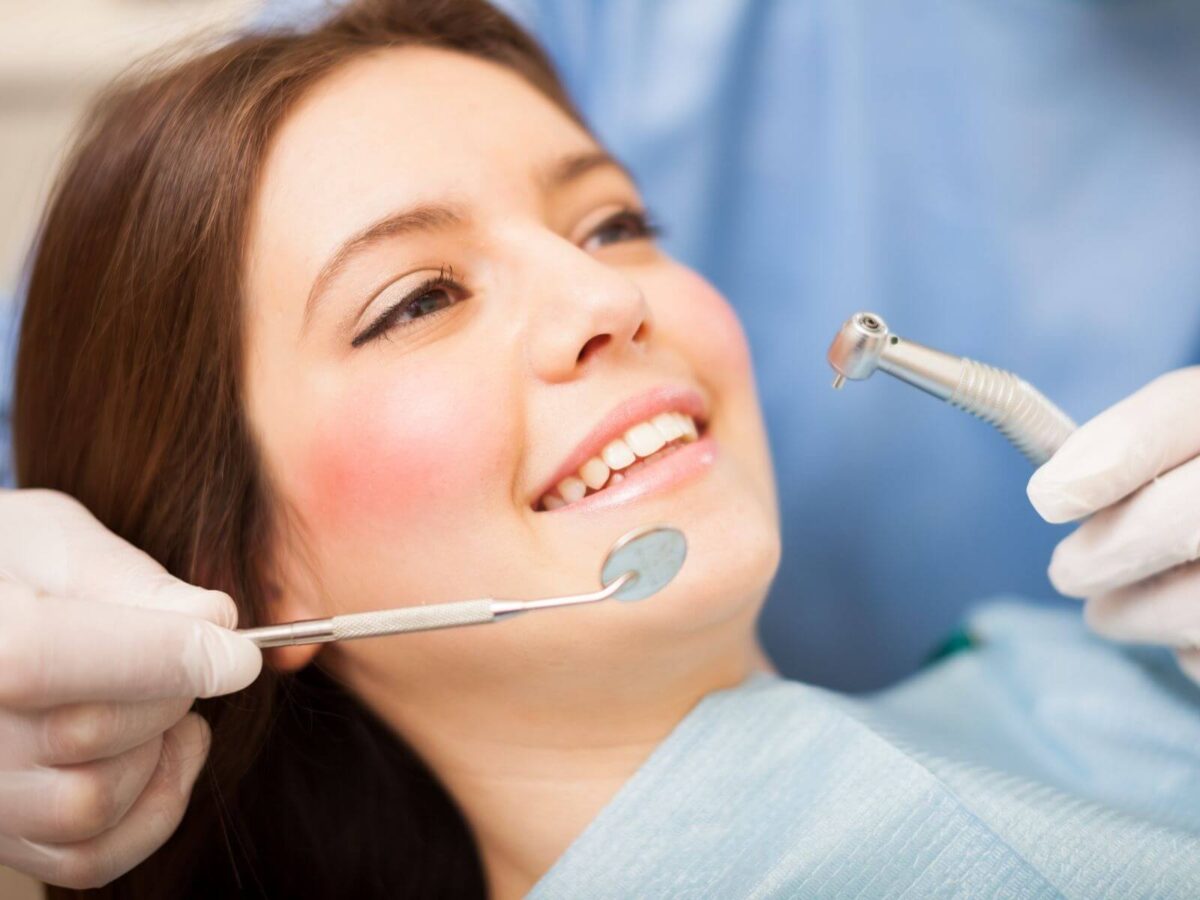Blog
Dental hygiene tips for healthy teeth & gums

How Long After Teeth Whitening Can I Drink Coffee?
Coffee plays a big role in many people’s daily routines. However, its acidic tannin content can adversely affect teeth whitening. This article explores when it’s safe to enjoy coffee after a whitening procedure, precautions to take, and alternative beverages to maintain a bright smile.
How Coffee Affects Teeth Whitening
Teeth whitening procedures lighten your teeth’s color and get rid of stains. But they also momentarily make the enamel more porous. This implies that in the days after the operation, your teeth are more susceptible to discoloration. Coffee can affect the outcomes in the following ways:
- Stain Absorption
After whitening, the surface of your teeth becomes more permeable, which makes it easier for staining agents—like the dark pigments in coffee—to penetrate and stick to the enamel. - Temporary Sensitivity
Teeth whitening can cause temporary sensitivity. Drinking hot coffee immediately after the procedure may aggravate this sensitivity, making your teeth uncomfortable or irritated. - Reversal of Whitening Effects
Coffee’s dark color and acidic nature can quickly undo the benefits of your whitening treatment. Even a single cup may leave visible stains, reducing the brilliance of your smile.
The 48 Hour Window Rule
According to dentists, coffee and other dark beverages should be avoided for at least 48 hours following tooth whitening.
During this window, it’s best to stick to foods and drinks that are light in color. Water, milk, and white-colored foods are safe options. Avoid coffee, tea, red wine, berries, and any other staining agents to maximize the longevity of your results.
How Does Drinking Coffee Negatively Impact Teeth Whitening?
We get it—giving up coffee entirely might feel impossible. Well, you don’t have to. Here’s how you can minimize the impact of coffee on your teeth after whitening:
- Timing: Your teeth are more susceptible to staining right after teeth whitening. To minimize the likelihood of staining and allow your enamel to close its pores, it is advisable not to consume foods and drinks with stains and give the enamel at least 2 days to heal.
- Frequency and consumption: Periodontal health always deteriorates over time due to several factors, such as cigarette smoking, tea or coffee, and drug addiction that affects the gum line. Therefore, if one takes coffee more often and in large quantities, one’s teeth will change color to brown. Some of the ill effects of whitening the teeth may reduce progressively if the individual drinks coffee very frequently and in large measure.
- Personal factors: People can have different dental makeup, so the rate at which stains develop may vary from person to person. Coffee can stain some people more than others, and the stains are more visible.
While it may be hard to give an accurate time frame for when this should be avoided, it is normally recommended that one reduce or at least avoid coffee intake when trying to conceive.
In addition, consider using a straw. To avoid contact with the teeth to a large extent.
How to Keep Teeth White
While it only takes a few days of extra care to avoid stains and discoloration after a teeth whitening treatment, it’s essential to maintain good habits long-term to uphold those bright results—even months after your procedure.
When patients decide to take coffee regularly, their teeth may be affected by the formation of surface stains or discoloration. Fortunately, certain tips can help coffee drinkers maintain a brighter and whiter smile:
- It is advisable to use a straw when drinking coffee and other dark liquids like tea and Coca-Cola.
- Whenever possible, clean the teeth, and do not do so less than after the intake of coffee.
- Observation of proper mouth hygiene: visiting dentists for examination and cleaning sessions every six months.
- You should get professional cleanings for the teeth whitening treatment as and when required.
Non-Coffee Beverages That Help You Maintain A White Smile
Coffee substitutes that either prevent tooth discoloration or lessen its effects are listed below:
White Tea
White tea is a light-colored beverage of par excellence. It is good for health as it contains various nutrients, and this tea will not stain the teeth. White teas are rich in antioxidants and could have numerous benefits, including lowering inflammation and enhancing heart health. While black or green tea is subjected to oxidation when produced, white tea is steamed and dried and then ready for packing and distribution.
Yerba Mate
Yerba mate is one of the greatest substitutes for coffee if you enjoy the caffeine boost but don’t want to deal with its staining properties. In nations like Argentina and Paraguay, people have been drinking this traditional South American beverage prepared from dried holly leaves for decades. It is becoming increasingly well-liked in the US and other nations. Because yerba mate only contains minimal tannins, unlike coffee, it won’t discolor or stain your teeth. Additionally, it has a mild flavor, which makes it a tea that may be enjoyed hot or cold.
Matcha Tea
Matcha is among the most famous teas in the world. It’s made from high-quality green tea leaves that have been stone-grounded into a fine powder and is commonly offered in latte form at coffee shops, restaurants, and cafes. Rich in antioxidants, vitamins, minerals, and amino acids, matcha offers some health advantages, such as better digestion, increased energy, and enhanced focus. It also contains very low tannins, making it a great choice for those who want to whiten their teeth without worrying about staining them further. Research has indicated that matcha is high in antioxidants such as EGCG, so it can help whiten teeth.
Wrapping It Up
If you are considering professional teeth whitening and are concerned about how drinking coffee will affect the treatment results, contact us at Mathis Dental at your earliest convenience to learn more about proper aftercare.


